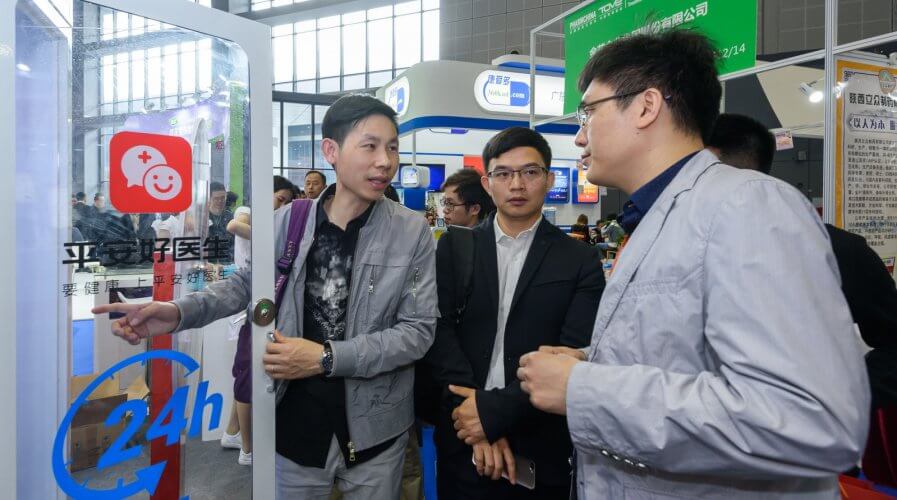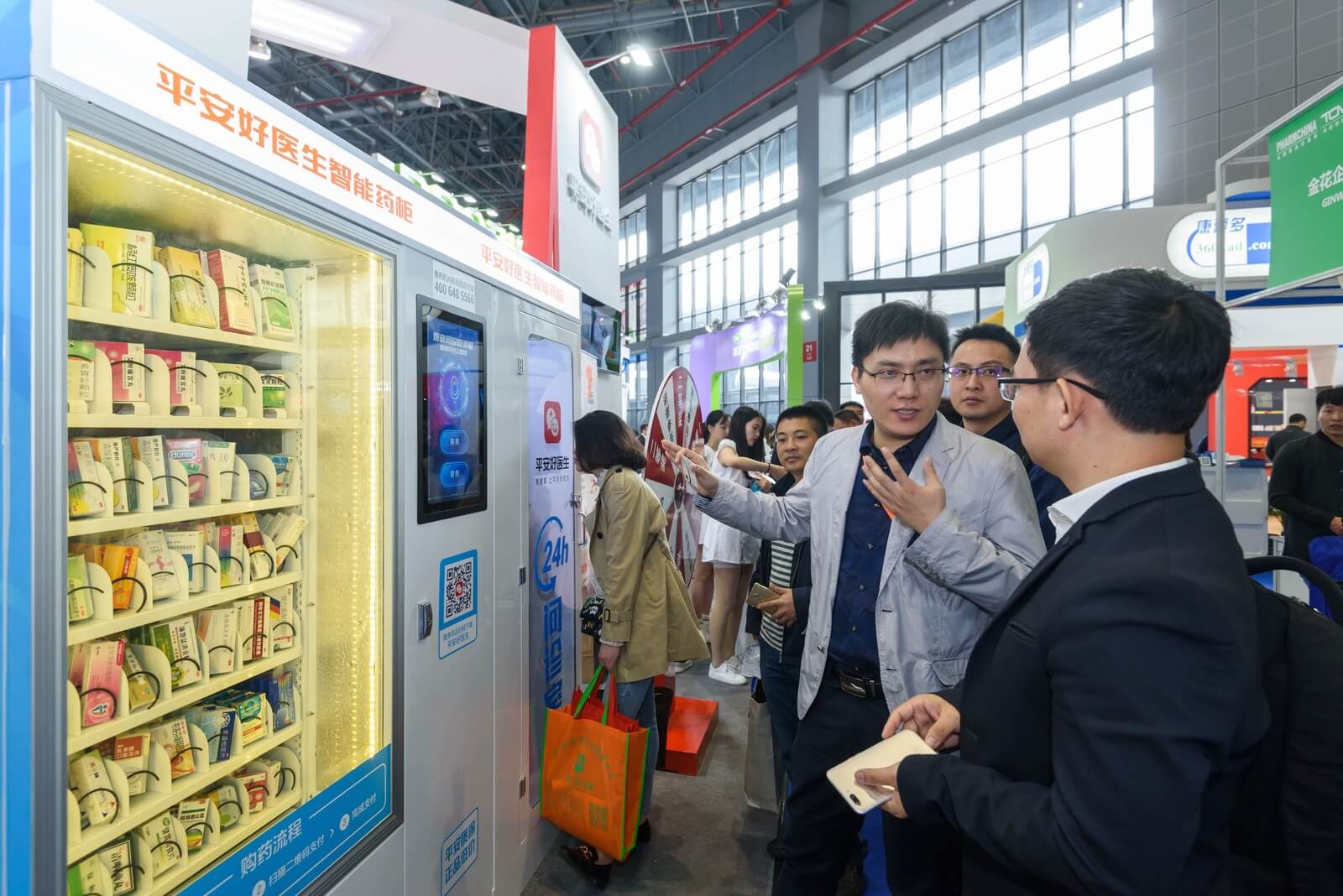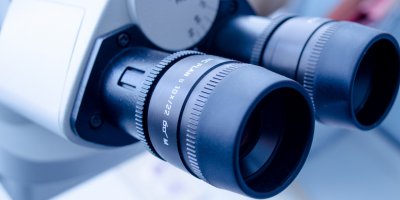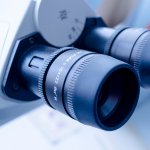
Instant Clinic drew attention at PharmChina. Source: PRNewsfoto/Ping An Healthcare and Technolo
China uses numerous AI technologies to develop an Instant Clinic
CHINA and many other countries in the world have too few medical personnel and too many patients. Using technology could significantly help improve patient care, especially when you think of leveraging robotics, artificial intelligence (AI) and big data.
In fact, several companies are working on developing such solutions – and with amazing results.
Recently, Ping An Healthcare and Technology Company Limited (Ping An Good Doctor) debuted its Instant Clinic at the 79th PharmChina event in Shanghai, a breakthrough in new-age, technology-driven medical devices.
The Instant Clinic is a combination of online inquiry, intelligent diagnosis, and smart pharm retail, capable of providing users with a complete range of medical services.
The compact size of the Instant Clinic incorporates numerous AI technologies.
By clicking the screen to trigger voice inquiries, the user will be served by an AI doctor, who, after identifying the medical history of the inquiring patient using AI technology, will automatically refer the inquiry to the live doctor in a corresponding department for diagnosis and treatment based on the medical history of the patient.
The AI doctor effectively serves as the assistant to the live doctor and increases the inquiry efficiency, said the aforesaid staff member.

The Instant Clinic in action. Source: PRNewsfoto/Ping An Healthcare and Technolo
The company claims that its Instant Clinic makes the diagnosis and treatment process as easy as buying a drink from a roadside vending machine.
In the future, the Instant Clinic will be used in numerous venues like offices, malls, and airports to provide more people with 24/7 “onsite inquiry and medicine purchase” services.
Data from Frost & Sullivan indicates that Chinese patients spent about three hours on seeing a doctor on average including traffic and waiting time in 2016, but only 8 minutes receiving a diagnosis, accounting for 4.4 percent of the total duration.
If Ping An Healthcare and Technology Company Limited’s Instant Clinic is widely adopted “like a vending machine”, users can make inquiries and buy medicine whenever and wherever they want, a situation where the under-supply of medical services might be alleviated as a result.
READ MORE
- Ethical AI: The renewed importance of safeguarding data and customer privacy in Generative AI applications
- How Japan balances AI-driven opportunities with cybersecurity needs
- Deploying SASE: Benchmarking your approach
- Insurance everywhere all at once: the digital transformation of the APAC insurance industry
- Google parent Alphabet eyes HubSpot: A potential acquisition shaping the future of CRM


